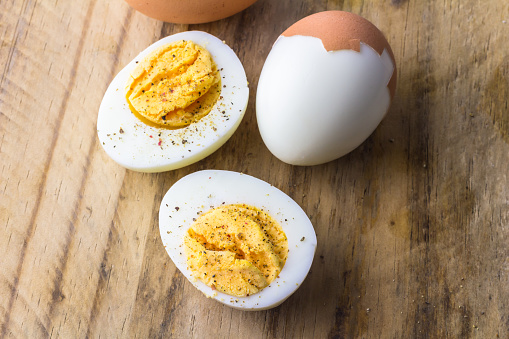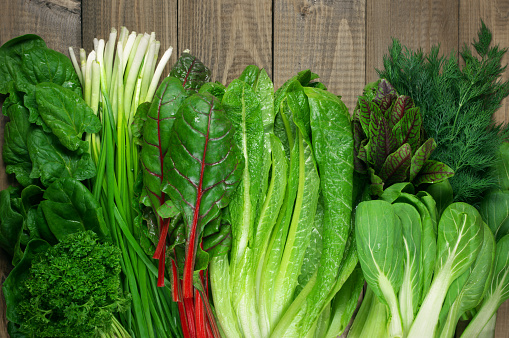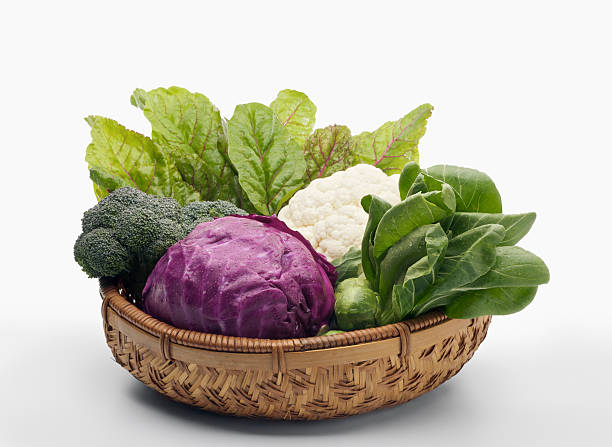With so many options add a variety of food to choose from it can get baffling. Consuming food that is full of nutrients and balanced meals is extremely important for the body to function.
Here are some researched on food items to add to your daily diet for making meals healthy.

1.Fish: Fishes are loaded with omega-3 fatty acids, vitamin D other nutrients like iodine, and high-quality protein.
Fishes become the healthiest of foods because of the omega-3 fatty acids which are good for optimal brain function.
Having fish at least once or twice a week can have benefits like lower risk of heart attacks and strokes, a common cause of premature deaths.
Pomfret, Sardine or Indian oil sardines, catfish, Indian Mackerel, and Salmon are high in fatty acids and nutrients.
2.Eggs: Eggs become a cheaper and loaded source of protein beneficial for building strength and repair or replace tissues.

Other than protein, eggs have 11 other vitamins, minerals and antioxidants.
One boiled egg includes:
- 0.6 g carbs
- 5.3 g fat
- 212 mg cholesterol
- 6.3 g protein
- 6% vitamin A – RDA( recommended dietary allowance)
- 15% vitamin B12(riboflavin)- RDA
- 9% vitamin B12(cobalamin)- RDA
- 7% vitamin B5(pantothenic acid)- RDA
- 77 calories
Protein in eggs aid build muscles and repair tissues, lowers the risk of heart diseases, and contains minerals and vitamins that are significant for the nervous system to function efficiently.
3.Leafy vegetables: Packed with vital minerals fibers and vitamins, leafy vegetables have benefits like reduces the risk of obesity and high blood pressure.

One cup of raw Spinach (30 grams) provide you:
- 181% DV(daily value) for vitamin K
- 56% DV for vitamin A
- 13% DV for manganese
Scallions/ green onions beneficial to protect from the oral cavity and lung cancer strengthens teeth and bones.
Fenugreek leaves are rich in iron, magnesium vitamin K and C meets the daily requirement of potassium.

4.Pulses: Pulses that include chickpeas green gram, split green gram, black-eyed beans, red lentils, Turkish/dew gram, kidney beans greens peas provide dietary fiber, and vitamins and minerals such as iron, zinc, and folate reduce the risk of cancer.
Consuming pulses aid in appetite control, having pulses will create a feeling of hunger satisfaction a while and will prevent you from overeating or snacking. It’s a win-win!
5.Fruits: Fruits are sources of essential vitamins and minerals also are high in fiber.

Adding fruits to your daily diet will help prevent heart diseases, inflammation and reduce diabetes.
- Citrus fruits like lemon and oranges provide vitamin C, are antioxidants, and have anti-diabetic properties.
- Apples are high in fiber and boost heart health and are also good for weight loss
- Pineapple is an exotic fruit that promotes tissue growth.
- Pomegranate considers being a superfood has polyphenols that help combat oxidative stress.
6.Cruciferous vegetables: Cruciferous vegetables like cauliflower, radish, turnip, broccoli are rich in vitamins C, E, and K, and folate.

They have compounds called phytonutrients which are plants based, they help in reducing inflammation.
It is advised to not have more than 2.5 to 3 cups of these vegetables per day.
7.Nuts: Nuts are very convenient and are enjoyable to eat, whether just to add some crunch to the meal or as a snack.

Antioxidants like polyphenols in nuts are helps in combating stress .
Studies have found that almonds have proven to aid in losing weight despite nuts being high in fats.
One ounce (28 grams) of nuts have:
- 5 g proteins
- 3 grams fiber
- 23% copper of the RDI (recommended dietary intake)
- 16 grams fat including 9 grams of monounsaturated fats
- 6 grams carbs
- 173 calories
8.Yoghurt: Yoghurt has lots of calcium and minerals essential for teeth and bones.
It provides about 12 grams of proteins per 7 ounces, to aid metabolism and increase energy expenditure.
Yogurt contains probiotics called ‘friendly bacteria’ which are also present in the digestive system naturally, hence it aids in digesting.
9.Milk: Packed with carbs, proteins, saturated fats, calcium, vitamin D, vitamin B12, and Vitamin A, milk has a number of benefits.

Consuming at least one glass of milk will have benefits:
- Rich in calcium, phosphorus, and potassium strengthens bones and prevents bone diseases
- 1 glass contains 8 grams of protein to boost immunity
- Reduces risk of obesity in case of having whole milk
- Helps in strengthening teeth
Many people develop lactose intolerance despite milk being super healthy and nutritious. It is because some cannot digest lactose present in milk which is sugar. The alternatives could be cashew milk, coconut milk, almond milk, oats milk.
10.Peanut butter: Peanut butter has large amounts of zinc, magnesium, potassium, and protein useful for boosting heart health and reducing the risk of breast diseases.
2 tablespoon of peanut butter provides:
- 7.2 g protein
- 57 mg magnesium
- 107 mg phosphorus
- 0.85 mg zinc
- 4.21 mg Niacin
- 0.17 g Vitamin B-6
All of these help in immunity boost, bone strengthening, good teeth, and produce energy.
Bonus!
Water: Hydrating is as much important as maintaining a nutritious diet.
Water helps maximize your physical performance and a little dehydration can result in a drop in physical performance.
The more water you drink the more energy you will able to produce and your brain will function as efficiently.
Other benefits of water are treating headaches, aid weight loss, treat kidney stones, relieve constipation.
It is widely recommended to drink 8 glasses of water a day, although I could differ from person to person; but! Hydrating is important.
Summing it up:
Having a healthy and fully nourishing diet is important to function efficiently. Proteins, minerals, vitamins, compounds are necessary to keep the body healthy and active. Adding a few ingredients or food to your daily diet can be extremely useful. Though it is advised to first check with doctors and nutritionists, the amounts of food to be consumed and if any allergies could trigger or not.
Thanks.



1 Comment